Dallas life coach Pallavi Ridout advises clients to focus on little victories
Her motto? ‘Think big. Start small. Move fast.’

Pallavi Ridout coaches professional women on how to lead a life of no regrets.(Smiley N. Pool / Staff Photographer)
On paper, Pallavi Ridout’s life looked perfect. She had a high-profile, highly-paid corporate job with almost unlimited potential. But she was miserable.
She left her job, moved from Los Angeles to Dallas, and, in 2020, started a business called Leading a Life of No Regrets, which coaches professional women at midlife. Ridout, who is also chief executive of a corporate leadership coaching business, the ELM Advisory Group, spoke with us about her journey. (ELM stands for engage, lead, motivate.)
What inspired your focus on “no regrets”?
[Before leaving the corporate world,] I lost both my parents. Grief and loss awaken questions about life. Before he passed away, my dad told me, “I’ve led a full life. I’ve raised three children. I’m very proud of everything I’ve done in my life. I have no regrets. I am ready.” It was a wake-up call. I asked myself, “Am I ready if it’s my turn tomorrow?” The answer was a very big, resounding, “No.”
I realized I could no longer live with the anxiety and stress. I wanted to lead a contented life. I quit my job, with no plans in mind, something I do not recommend. I took some time off and traveled with my son, who was 9 at the time. I did a lot of introspection about what it was I wanted to do with my life. I realized I needed to be an independent entrepreneur. I wanted to impact people’s lives.
How do you advise clients to lead a life with no regrets?
First, uncover your purpose. Ikigai is a Japanese word which means “one’s reason for being.” Dan Buettner, author of The Blue Zones, developed a framework for finding one’s ikigai. Ask: What do you love? What can you be paid for? What does the world need? What are your talents and skills?
Second, have a winning mindset. Are you looking at new ways of doing things and developing yourself constantly?
Third, take courageous action. Try going against your usual way of thinking, your normal routine. Be clear about what it is you want, then write that goal down. That engages the left side of our brain, the thinking and logic center, and gives you a level of clarity.
Do you have any tips for getting from goals to results?
There’s a famous saying, “A goal without a plan is just a wish.” Make sure your goals are SMART: specific, measurable, actionable, relevant, and timely. Then break each goal down. This is where most people fail. They say on January 1st, “I’m going to go to the gym and I’m going to lose 50 pounds.” It’s overwhelming.
Break your goals down into micro-goals for each quarter, each season of the year. Then do monthly, weekly, and daily planning. I suggest sitting down every Sunday night for a “power hour” of planning. Figure out, “What do I need to do this week to achieve this goal?” If it’s losing weight, maybe I need to work out x number of times and to eat healthy every day. Then track that on a daily basis. Finally, reflect on your progress each day. Celebrate your successes. When you fail, don’t beat yourself up about it; look at what you can do differently the next day. This takes discipline, commitment and a routine, but it’s a very successful framework.
Many people feel uncertain and preoccupied with survival now. Is avoiding regret possible?
Yes, there’s uncertainty and chaos, but there are still things we can control. The question we need to ask ourselves is, “Am I controlling the things I’m still capable of controlling?”
Think of three concentric circles. The outermost is the sphere of concern — everything you’re worried about. The next is the sphere of influence. The third circle is the sphere of control. Here is where you can take your awareness and make a choice. Ask yourself: “How much have I let go of control of? And how much control can I reclaim?”
Let’s say you’re working from home. You’re all Zoomed out. You’re tired of this. It’s a rut. So, your sphere of control is, “How do you break up this routine?” If you want to be healthier, can you go for a walk? Work out? If you feel disconnected from people, are you picking up the phone, checking in on people, or expressing gratitude? Are you taking care of yourself? Are you meditating? These are all within our control. Nobody has taken that away from us.
I live by: “Think big. Start small. Move fast.” If you have a big dream, ask, “What is the small step I can take now?” Don’t say, “One day, I will …” Say, “I can,” and take that small step. Consistency compounds. All those tiny steps you take will add up to something big one day.
Mary Jacobs, Special Contributor. Original Article at Dallas Morning News
